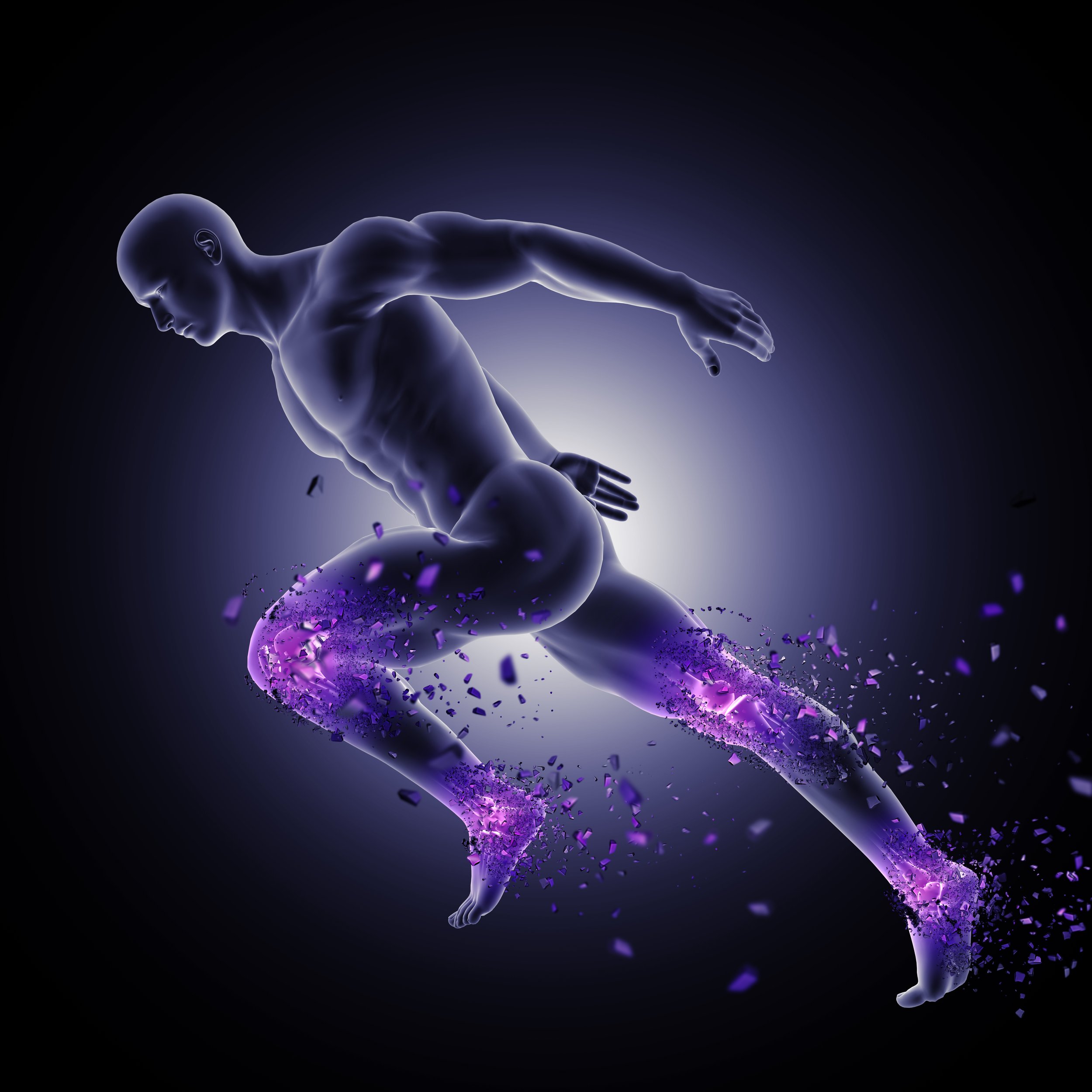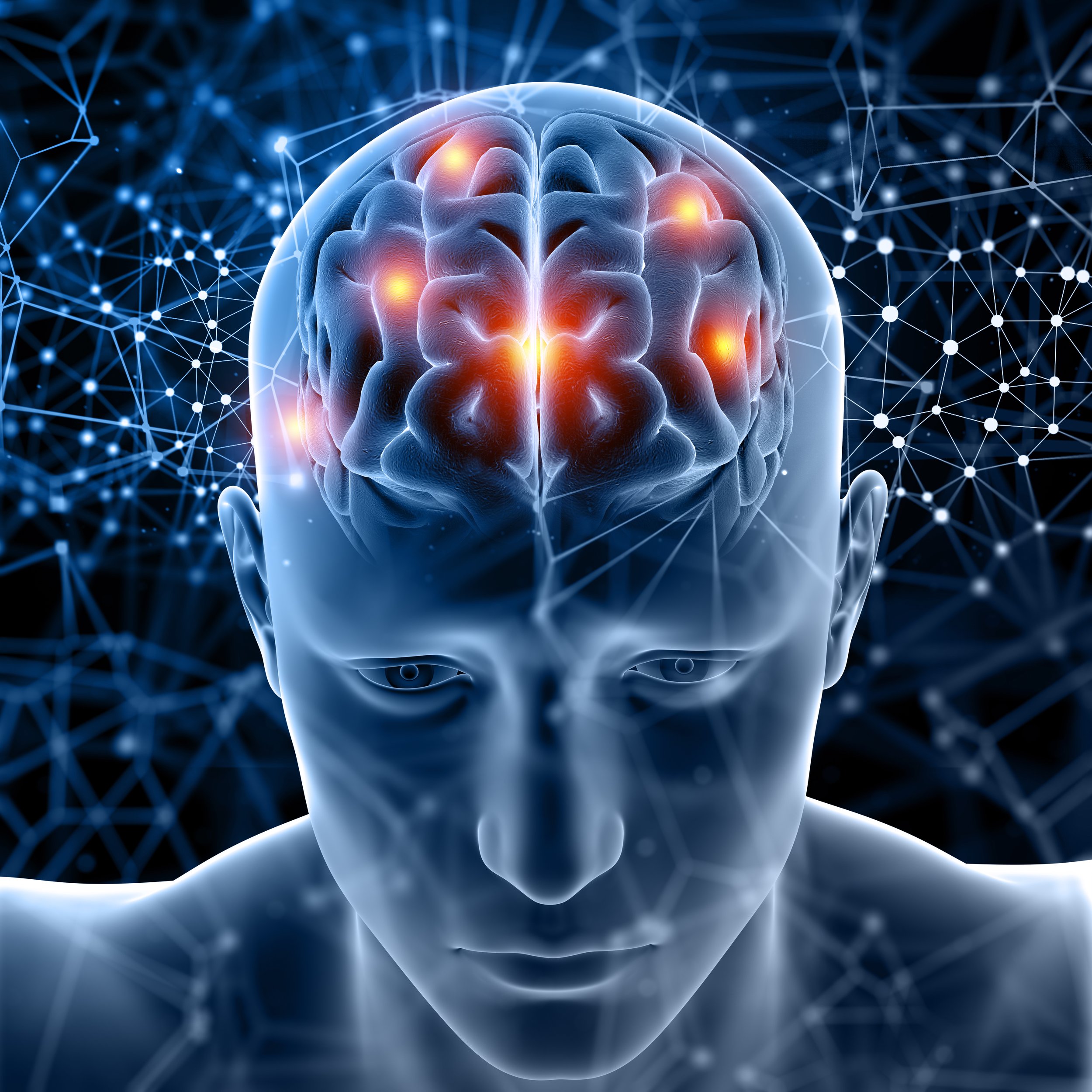The Mind-Body Symphony: Unraveling the Intricate Dance between Mental Health and Physiotherapy
It's no secret that the human body is an incredible machine, a symphony of systems working in harmony to navigate the world. However, this interplay is not confined to the realms of biology and physiology alone - it also stretches into the realm of psychology. The mind and the body, seemingly disparate entities, are in fact intricately connected, with each influencing the other in ways that are profound and often underappreciated.
One discipline where this connection is becoming increasingly evident is physiotherapy. Here, we will delve into the fascinating interplay between physiotherapy and mental health, exploring how they influence each other and the resulting implications for holistic health and wellbeing.
The Mind-Body Connection
At the heart of understanding the relationship between mental health and physiotherapy lies the concept of the mind-body connection (1). This term refers to the idea that our thoughts, feelings, beliefs, and attitudes can positively or negatively affect our biological functioning. In other words, our minds can influence the health of our bodies, and vice versa
The field of psychoneuroimmunology has provided significant evidence supporting this connection (2). For instance, studies have shown that chronic stress can lead to physical health issues like heart disease and weakened immune function. On the flip side, physical ailments, such as chronic pain or a prolonged illness, can lead to mental health issues like depression or anxiety.
Physiotherapy, as a discipline focused on restoring and maintaining physical function and mobility, is well-positioned to have profound impacts on mental health. A physiotherapist doesn't just treat a body part in isolation, but rather views the individual as a whole - a holistic approach that inherently acknowledges the mind-body connection.
Stress Reduction
Stress is an inescapable part of life, but chronic stress can have detrimental effects on both our physical and mental health. As a discipline, physiotherapy provides a variety of stress-reduction techniques that can have a positive influence on mental health (3).
Firstly, the therapeutic nature of physiotherapy sessions often provides a safe and supportive environment for individuals. This therapeutic alliance can have a calming effect, reducing anxiety and promoting relaxation.
Secondly, specific physiotherapy techniques such as mindfulness-based movement, breathing exercises, and guided relaxation can directly counteract the body's stress response, shifting it into a state of relaxation. These techniques have been shown to reduce the levels of cortisol, a stress hormone, thus relieving symptoms of stress and anxiety.
Pain Management
Chronic pain is not just a physical sensation but also a mental and emotional burden. It can lead to feelings of frustration, despair, and anxiety, which in turn exacerbate the pain, creating a vicious cycle.
Physiotherapy plays a crucial role in breaking this cycle by managing and reducing pain. Techniques such as manual therapy, exercise prescription, and education about pain can significantly reduce the perception of pain. By easing the physical discomfort, individuals often experience a lift in mood and a decrease in anxiety or depression associated with chronic pain (4).
Increased Mobility and Function
Our physical abilities significantly impact our mental wellbeing. Limited mobility can lead to feelings of isolation, depression, and a reduction in quality of life. On the other hand, increased mobility enhances independence, self-esteem, and overall life satisfaction.
Physiotherapy is central to improving mobility and function. Through personalized exercise programs, balance training, and strength building, physiotherapists help individuals regain their mobility, leading to improved mental wellbeing. This process can also imbue a sense of achievement and empowerment, further boosting psychological health.
Exercise and Endorphin Release
Exercise is a cornerstone of physiotherapy and a potent elixir for mental health. Regular physical activity, as prescribed by physiotherapy, has been shown to reduce symptoms of depression and anxiety. This is partly due to the release of endorphins, the body's natural 'feel-good' chemicals, during exercise (5). These chemicals interact with the receptors in your brain that reduce your perception of pain, leading to feelings of euphoria, commonly known as a "runner's high".
Additionally, exercise promotes better sleep, reduces stress, improves memory, and boosts overall mood. It also offers opportunities for social interaction and engagement, which can alleviate feelings of loneliness and boost mood.
Furthermore, the process of setting and achieving fitness goals through an exercise regimen can significantly improve self-esteem and self-efficacy, bolstering mental health.
The Role of Physiotherapy in Mental Health Recovery
Mental health disorders such as depression and anxiety often come with physical symptoms like fatigue, muscle tension, and disturbed sleep. These physical symptoms can further exacerbate mental health issues, creating a cyclic relationship.
Physiotherapy can break this cycle by addressing these physical symptoms. For example, physiotherapists educate on the appropriate use of exercise as a form of treatment for depression, as it has been shown to reduce depressive symptoms. They can also use techniques such as progressive muscle relaxation to help manage the physical symptoms of anxiety.
Moreover, physiotherapy can also help individuals regain their sense of control over their bodies, which is often lost in the throes of mental health issues. This regained control can significantly improve an individual's self-efficacy and contribute to their mental health recovery.
The intricate dance between mental health and physiotherapy is a testament to the awe-inspiring interplay between the mind and the body (6). As we continue to understand this relationship, the role of physiotherapy in mental health care is likely to become even more central. It offers a unique, holistic approach to health and wellbeing that treats not just the body, but the mind as well.
Physiotherapy has the potential to reduce stress, manage pain, increase mobility, and promote the release of endorphins through exercise. Furthermore, it can play a crucial role in mental health recovery by addressing the physical symptoms of mental health disorders and helping individuals regain control of their bodies.
This understanding encourages a shift in perspective, where physiotherapy is not just seen as a treatment for physical ailments, but as a pathway to holistic health and wellbeing. It's a symphony where the mind and body, each playing their parts, create a harmonious melody of health.
Overall, one thing is clear: the mind and body are not separate entities but a beautifully intertwined duet, playing the grand symphony of life.
References
Probst, M. (2017). Physiotherapy and Mental Health. InTech. doi: 10.5772/67595
Littrell, Jill. (2008). The mind-body connection: not just a theory anymore. Social work in health care. 46. 17-37.
Probst, Michel. (2019). Physiotherapy and Mental Health. Revista Colombiana de Rehabilitación. 18. 208-214. 10.30788/RevColReh.v18.n2.2019.396.
Woo AK. Depression and Anxiety in Pain. Rev Pain. 2010 Mar;4(1):8-12. doi: 10.1177/204946371000400103. PMID: 26527193; PMCID: PMC4590059.
Dinas, Petros & Koutedakis, Yiannis & Flouris, Andreas. (2010). Effects of exercise and physical activity on depression. Irish journal of medical science. 180. 319-25. 10.1007/s11845-010-0633-9.
Connaughton J, Gibson W. Physiotherapy Students' Attitudes toward Psychiatry and Mental Health: A Cross-Sectional Study. Physiother Can. 2016;68(2):172-178. doi: 10.3138/ptc.2015-18E. PMID: 27909364; PMCID: PMC5125484.







